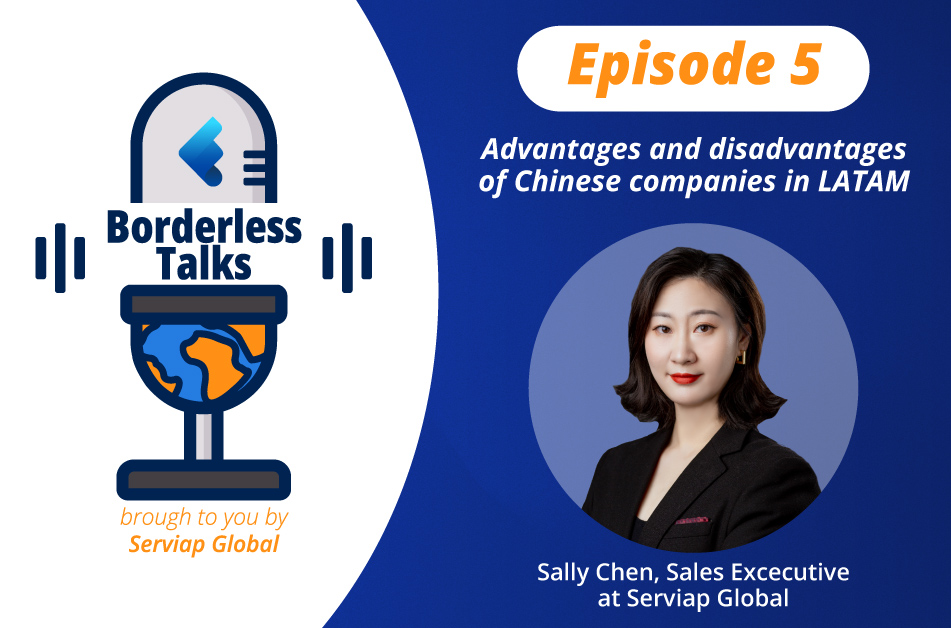Table of Contents
Japan is known for its delicious food, beautiful gardens, and polite people. It is also a country of hard workers; it is not unknown to work 12-hour days in Japan on a regular basis. Cultural norms see the office as an extension of the family, and people are expected to devote their time to both.
The country is also known for its technologically advanced economy, speedy transport systems, and high quality of life.
Here are some details you should know about the country’s human capital trends.
SERVIAP can help with your global expansion needs. Contact us today to learn how you can expand your business with PEO in Japan.
Tech Graduates and Workforce
Japan is known for its highly developed, market-oriented economy. The country is part of the Group of Seven (G7). It is especially known for its manufacturing of high-tech products such as hybrid vehicles, robotics, and optical instruments.
It has also recognized the importance of technology in the future and supports innovative tech startups through its Society 5.0 program.
- Tech Startups: As a country known for its engineering and manufacturing prowess, it is no surprise that Japan has embraced up-and-coming technology such as machine learning, artificial intelligence, and the internet of things.
- Human Resources: Japan’s education system is similar to other Western countries, including the United States. Students are enrolled in school from a young age and expected to attend university or a vocational program after graduation from high school. Many choose to study abroad.
Key Sectors for Local Activity
Japan has one of the strongest economies in the world. The most important industrial sectors in the Japanese economy include:
- Manufacturing: Japan is known for its production of motor vehicles. A number of popular motor vehicle brands are based in Japan, including Honda, Nissan, and Toyota. In addition to vehicles, the country also produces semiconductors, consumer electronics, and optical media.
- Fishing: Japan is known for its healthy cuisine, heavily focused on seafood. Thus, it should come as no surprise that a significant amount of its economy is devoted to fishing. There are numerous species of fish available in the ocean and the many waterways of Japan, and commercial fishing is a significant part of the economy.
Key Sectors for Outsourcing
Japanese companies may benefit from outsourcing their own administrative and back-office tasks to countries with a lower cost of living and a high level of education.
English Speakers
Approximately 15% of the Japanese population speaks English. Those who do are generally based in the larger Japanese cities such as Tokyo and Kyoto. They may work in positions that require them to interact with native English speakers, such as in tourism or finance.
Those who don’t speak English fluently often know some basic English phrases, though they may not be able to hold a full conversation.
Average Wages
The average annual salary in Japan is approximately JPY 4,420,000, or USD $39,000. Salaries vary by age, experience, education, and industry.
Those in financial services, such as investment banking or fund management, tend to earn the most. Individuals in these roles earn an average of JPY 7,770,000, or USD $70,636 per year.
Prominent Cities for Business
There are several large cities in Japan that play an important role in the economy. Some of the top cities for business include:
- Tokyo: Tokyo is one of the most populous places in the world, with over 40 million people living in the city. It is famous for its gigantic skyscrapers that light up the evening. You can easily find a delicious meal in one of its many Michelin-starred restaurants.
- Kyoto: Known for its charm, Kyoto is home to a number of UNESCO heritage sites. It has several shrines and gardens that people may wander through.
- Osaka: Osaka was heavily bombed during World War II, and thus most monuments were destroyed. In their place are newer buildings. It has a much smaller population than Tokyo and Kyoto but has many options for exploring.
Turnover Rates
Due to cultural beliefs that see the office as an extension of the home, there is very little turnover in Japanese companies. Employees often work at the same corporation throughout their lives and grow their careers as other employees retire, or the company expands.
Is Japan Right for Your Business?
SERVIAP is a leading Professional Employer Organization (PEO) ready to help your business expand operations throughout the Western Hemisphere. PEO is a model of co-employment, where we assume total responsibility for your talent, allowing you to focus on the strategic activities of your organization.
Contact us today to learn more about how you can expand your business in Japan.






























